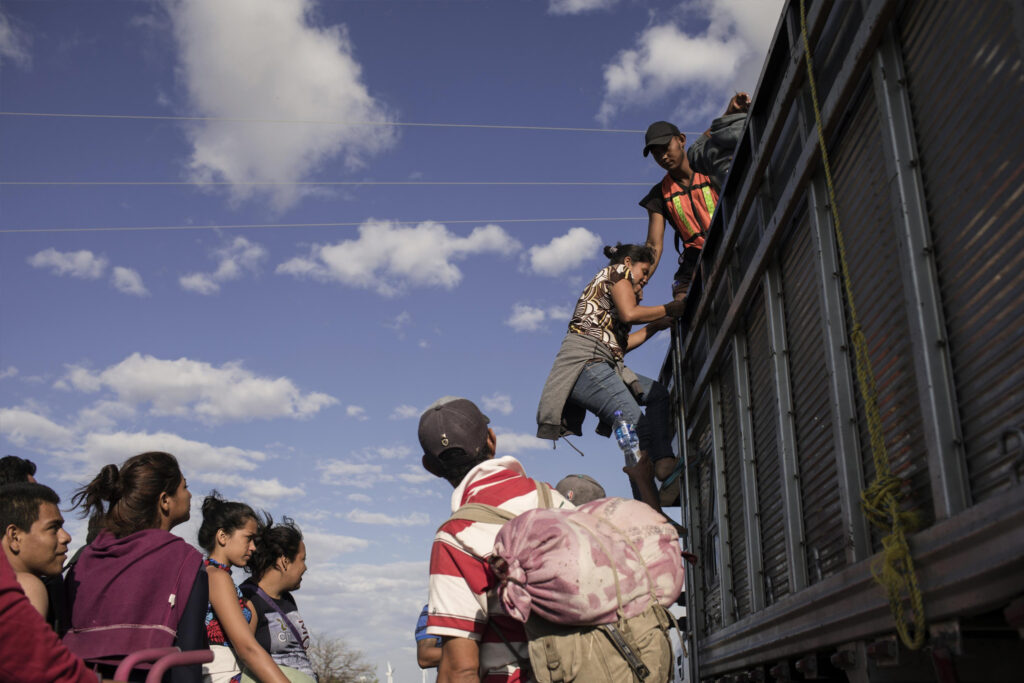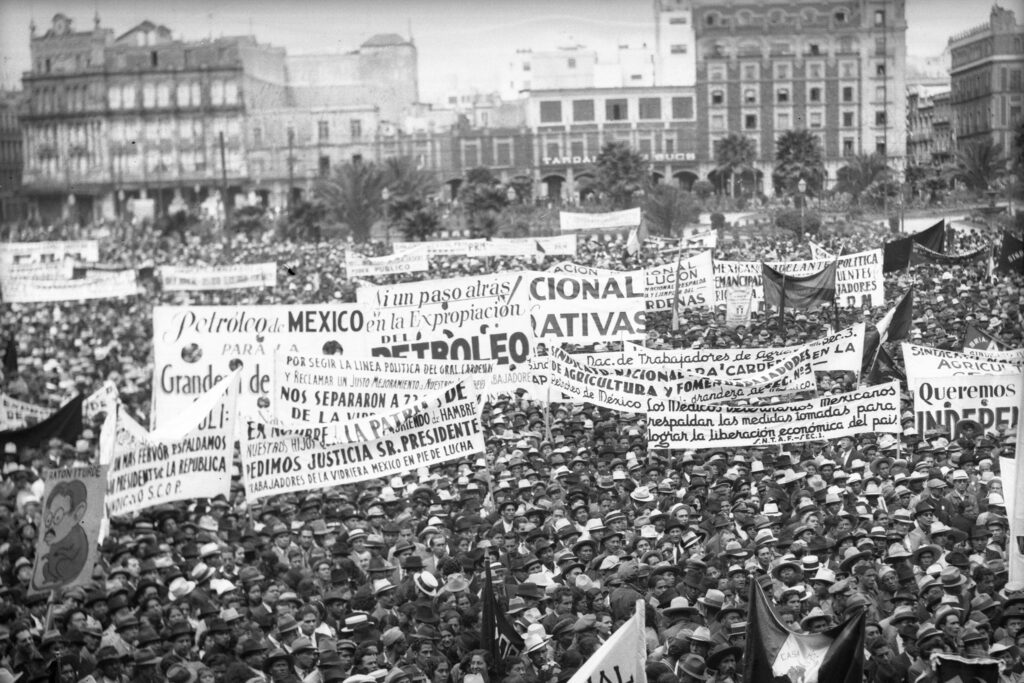Forced Disappearance & Capitalism
This article by Magdiel Sánchez Quiroz appeared in the August 29, 2025 edition of La Jornada, Mexico’s premier left wing daily newspaper. The views expressed in this article are the author’s own and do not necessarily reflect those of the Mexico Solidarity Project.
On August 30, the United Nations (UN) commemorates the International Day of the Victims of Enforced Disappearances. This horrendous crime, along with murders, femicides, and forced displacements, has become a part of daily life around the world. In some countries, such as Mexico, the figures are shocking.
Deepening our understanding of the causes of enforced disappearances and the dynamics that fuel this form of violence is essential to considering paths that can lead to its end.
There are at least 10 structural features that explain why these forms of violence and extermination are part of a new global normal. These are:
- The military-arms industry as one of the driving forces of capitalism. Throughout the last century and the present, wars (open or covert) have proven vital in energizing capital accumulation processes after periods of stagnation.
- The various branches of the criminal economy are inherent to the speculation and parasitism of the contemporary economy. Their illegal nature allows for extraordinary profits that ultimately feed legal financial circuits.
- To the extent that liberal democracy fails to sustain itself as the privileged form of politics, there is a growing political tendency for the armed forces to occupy spaces of civilian life and for the militarization of public life to prevail as the ideal form of social order.
- Land dispossession and the extraction of common goods are vital to capital accumulation and speculation. Community division and extreme violence contribute to the forced displacement of populations and, ideally, the emptying of territories. Indigenous peoples who control remnants of what were once entire communities are the primary target for reduction, if not extermination.
- For large segments of the population to survive without rebelling, under conditions of misery, long periods of unemployment, and without access to basic rights, permanent forced discipline is required. Social terror is the most effective vehicle for influencing people to accept their living conditions as the least bad of all possible scenarios.
- The dominant form of psychoactive substance use worldwide contributes to social discipline, strengthens the relationship between dominators, and undermines community ties. Hence, at one time, the Black Panther Party in the United States denounced the introduction of drugs into its communities as a form of Chemical Warfare.
- A cultural offensive is required that can make the vast majority accept that they are a disposable population and, therefore, prefer to live “little but well,” adding to the destructive dynamics of consumption and increasing the aspiration among young people to be part of criminal groups that offer them money and prestige in exchange for a short life.
- As a corollary of this culture and an affirmation of the basic structure of society, dissidents (women, migrants, Palestinians, honest journalists, searchers and community activists) are the most uncomfortable part of society and their lives are necessarily disposable in order to maintain order.
- Violence against women increases inexorably with the rise of political and economic power. The patriarchal order must assert itself by violently subjugating women and gender-based dissidents.
- All this logic is imposed on society anonymously. There seems to be no one responsible for these crimes, which help keep the system alive. Meanwhile, the main perpetrators of this situation use the fight against terrorism and drugs as propaganda to justify war against governments and states that oppose their interests.

The outlook is discouraging. There is a prevailing discouragement to consider anti-capitalist alternatives, while it seems clear that there is no possible way out within the system. Is a reform of capitalism possible that could encompass the 10 features listed above? What is more viable: a capitalism without violence or an anti-capitalist project?
Will the searchers be able to combine the demand for the return of their missing relatives with the creation, from below, of a project for justice and peace, which, as argued above, would necessarily have to be anti-capitalist?
Will they be able to join forces with other social actors who are currently seeking to build local alternatives?
Could a new wave of thought and action emerge from different corners of the world, opposing systemic violence and forging local, national, and global projects for total liberation?
-
Let’s Talk About Migration: Trumpist Persection
Millions of women who have endured unspeakable violence on their migration journey are now being persecuted in the United States by an extremely xenophobic and misogynistic government, led by Donald Trump,
-
Genocidal & Extractive Capitalism
This week, the United States claimed to be negotiating to avoid war with Iran. It was merely a cover for a new attack. Where are the efforts to stop it?, asks Mexican Supreme Court Minister Lenia Batres.
-
Trump Will Not Take Our Oil
Venezuela’s oil belongs to the Bolivarian Republic. Mexican oil belongs to the people of Mexico. If the current administration decides to trade it with Cuba or any other country, it has every right to do so. Mexican oil does not belong to the US nor to Donald Trump.




